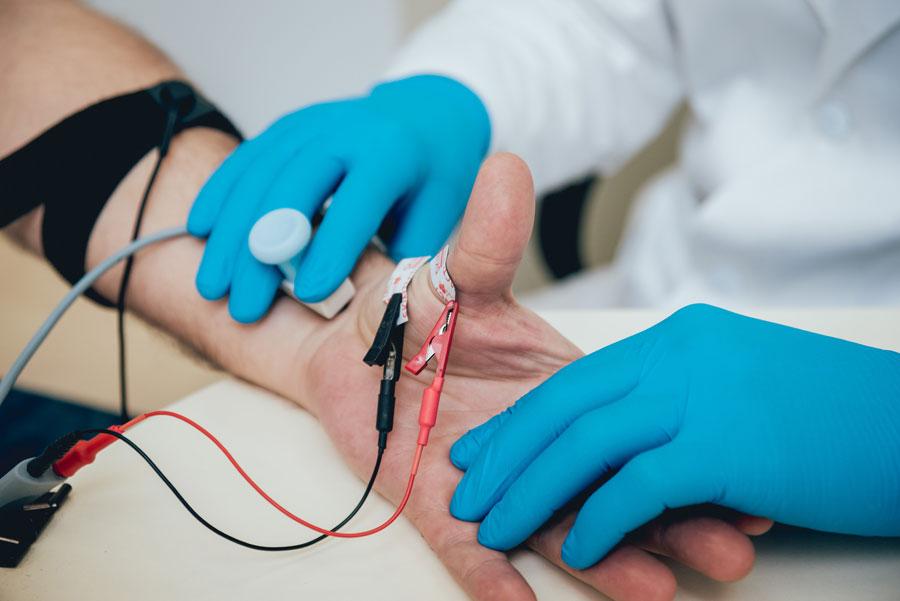Neurological Condition
Numbness/Tingling and Peripheral Neuropathy
Peripheral neuropathy is a type of damage to the nervous system. Specifically, it occurs when there is a problem with your peripheral nervous system, the network of nerves that transmits information from your central nervous system (your brain and spinal cord) to the rest of your body.
The symptoms of peripheral neuropathy can vary greatly depending on what part of the body is affected. Symptoms can range from tingling or numbness in a certain body part to more serious effects such as burning pain or paralysis.
Treatment
Usually a peripheral neuropathy can’t be cured, but you can do a lot of things to prevent it from getting worse. If an underlying condition like diabetes is at fault, your doctor will treat that first and then treat the pain and other symptoms of neuropathy.
In some cases, over-the-counter (OTC) pain relievers can help. Other times, prescription drugs are needed. Some of these drugs include mexiletine, a medication developed to correct irregular heart rhythms; antiepileptic drugs, such as gabapentin, phenytoin, and carbamazepine; and some classes of antidepressants, including tricyclics such as amitriptyline.
Lidocaine injections and patches may help with pain in other instances. And in extreme situations, surgery can be used to destroy nerves or repair injuries that are causing neuropathic pain and symptoms.




